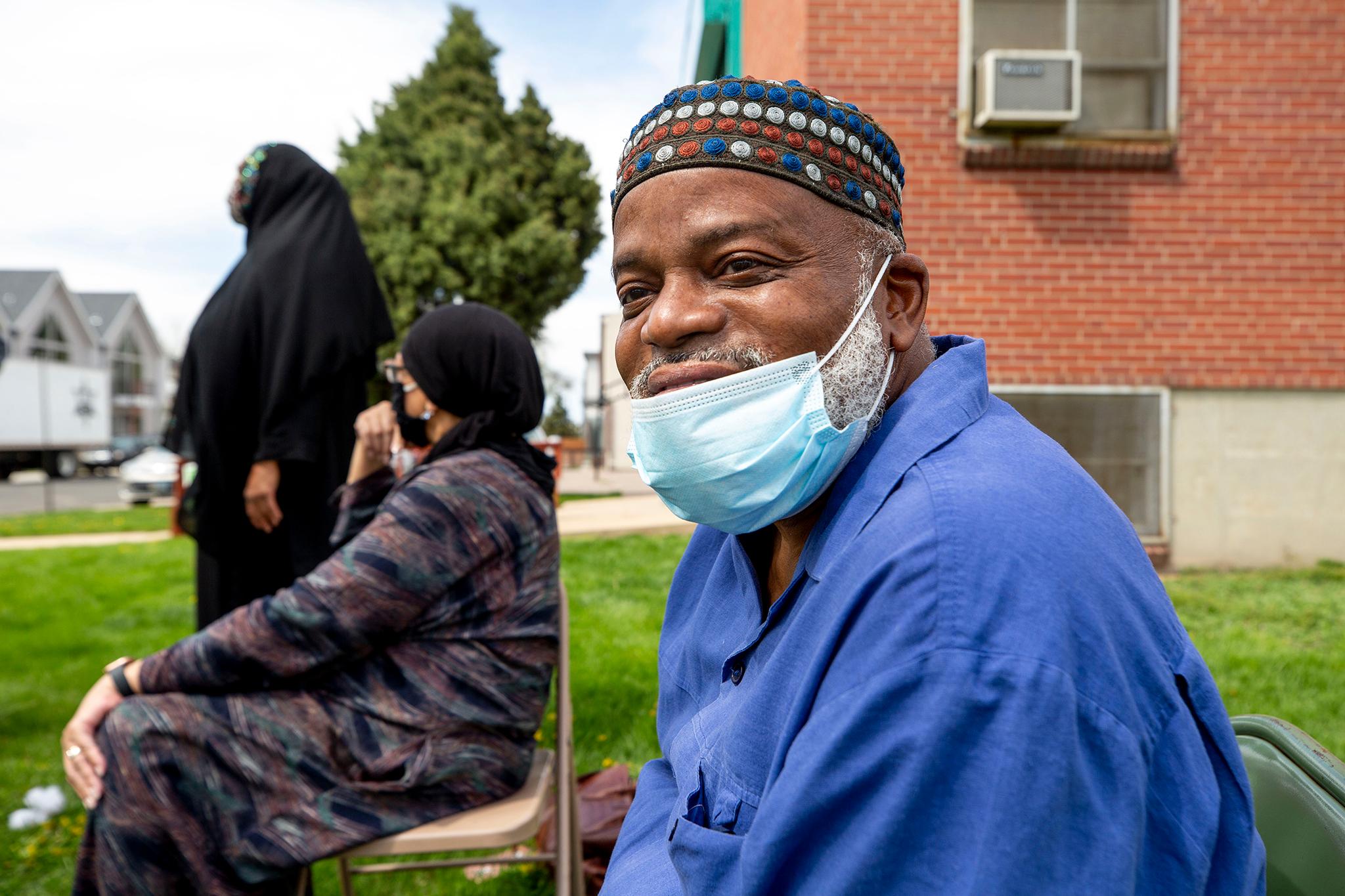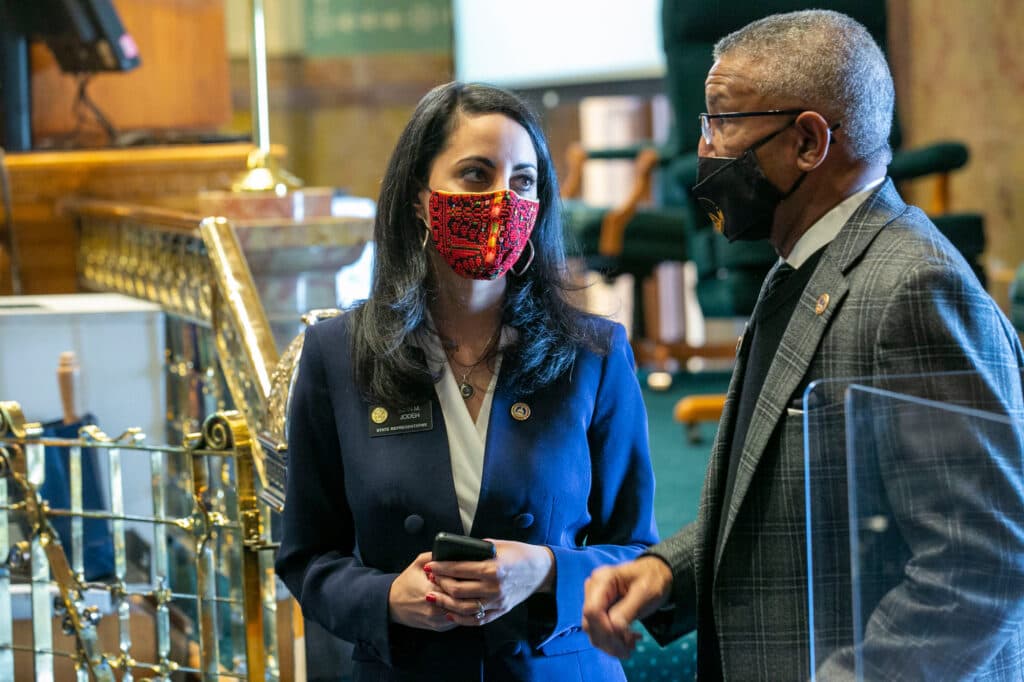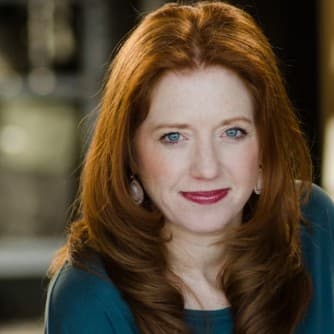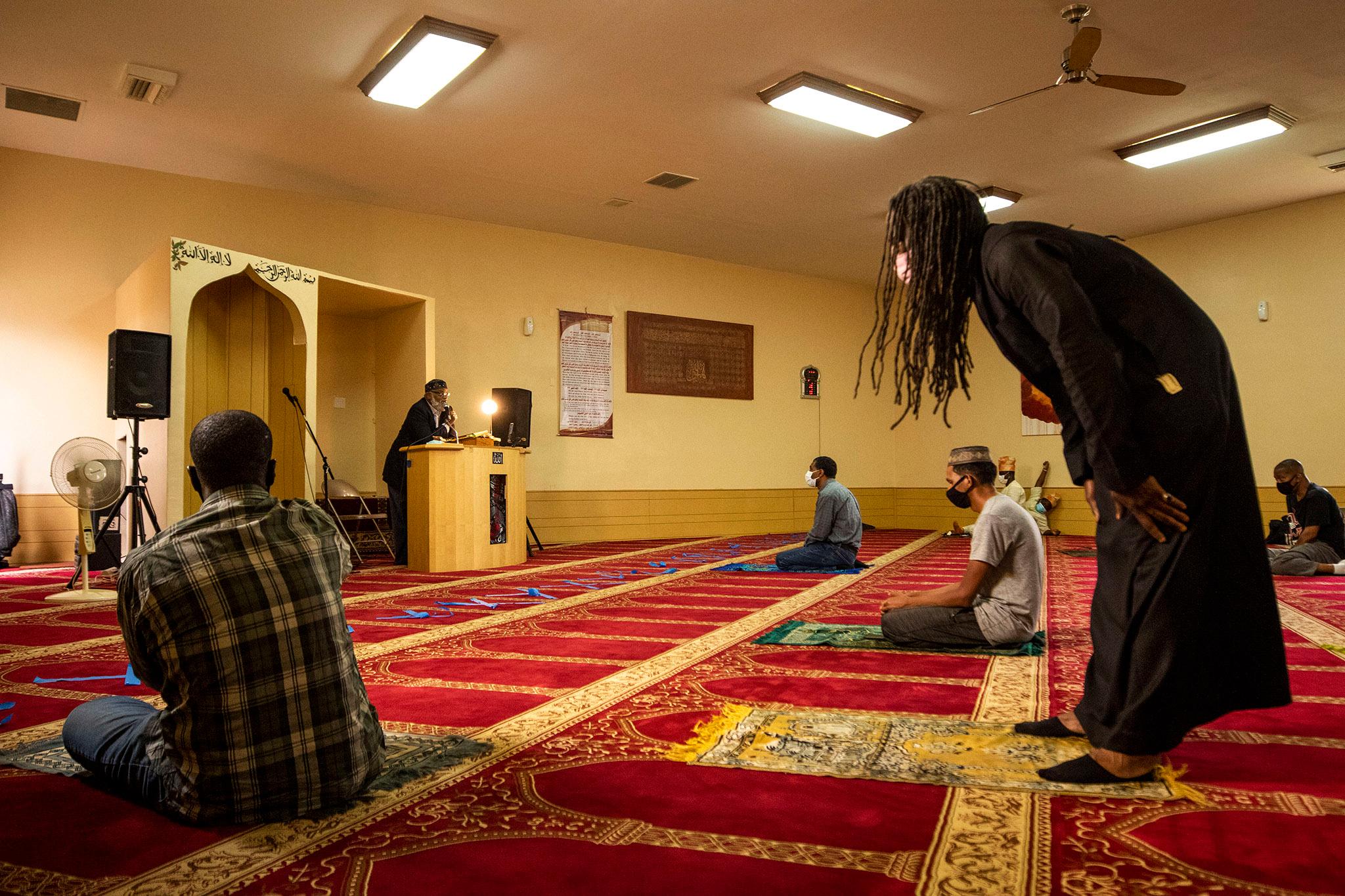In the months and years after Sept. 11, 2001, Imam Abdur-Rahim Ali said he had to work to dig himself and his faith out of fear.
Before the 9/11 attacks, Ali said he had built connections with the wider community around his faith. When the Twin Towers fell, Ali was starting up an Islamic community center and mosque while working in maintenance at RTD at the same time.
"It put a dent in our work," he said. "In terms of explaining to the American people about what Islam was and what it was about. We had made some progress before 9/11, (but) after 9/11, people kind of shied away in terms of interfaith cooperation."
So Ali found himself having to rebuild alliances and doing some public relations.
He said it helped that he already had connections in the community beforehand.
"When people know you, they know you're not a terrorist," he said. "A lot of people reached out and asked, was there anything they could do to be of assistance ... But for people who don't know you, you're a raghead, you're a this or that."
Ten years later, he was asked to give the benediction at Mile High Stadium with a handful of other faith and state leaders at an event commemorating the attack.
And again, last week, Ali was at Mile High Stadium with both U.S. senators, the governor, Denver's mayor and others for another anniversary memorial.

Ali said he's made "a lot of inroads" with people in government since 2001.
"They know us, they are comfortable with us," he said. "If we see something that is harmful ... we have an obligation to speak out against it."
Rep. Iman Jodeh, the first Muslim elected to Colorado's legislature, was in college on Sept. 11, 2001.
She remembers the Muslim community reacting early, preparing for an onslaught of negativity and anger from non-Muslims.
There was national guidance that went out encouraging Muslims to stay together in groups in public and not walk too close to a ledge of train track, for example. She said her family made a decision to keep her mother home for a week because she wears a hijab.
"In the days that followed, I think Muslims and Arabs all around the world were holding our breath," she said. "There was a heightened sense of security and safety for Muslims and Arabs across the United States."
Jodeh said she felt personally exposed on the college campus -- she and her family both worked to clarify the record about their faith.

"I think the actions of the 20 people on that day affected all Muslims and all Arabs," she said. "Muslims and Arabs around Colorado felt that same responsibility and that started to play out with being in community, answering requests about being guest speakers in all kinds of settings, churches and book clubs."
The reported number of anti-Arab or anti-Muslim hate or bias-motivated crimes in Colorado is low, with 13 recorded statewide last year.
There were no reported incidents in Denver and just one in Aurora.
Statewide, even going back several years, hate crimes targeting Muslims and Arabs have been in the single, or low double digits.
That could be a reporting problem, though. The Department of Justice found that between 2011 and 2015, more than half of violent hate crimes went unreported.
And there have been a handful of high-profile incidents in Colorado -- even in just the last couple of years.
That includes a man who pointed a rifle towards people going into a Denver mosque and shouted anti-Muslim epithets in 2019. Just two months earlier, a sign outside of a mosque in Grand Junction was blacked out with spray paint. In 2017, the Islamic Center in Fort Collins was vandalized by a man who smashed its doors and windows.
Aurora Police Chief Vanessa Wilson said that even though the reported numbers of incidents are low, she recently decided to assign a detective to the cause.
"We always investigate (reports of bias crimes) but we need someone who can look at each and every case and build relationships," she said. While the department is struggling with staffing shortages, "we think this rises to the level ... It was time."
Wilson said sometimes people don't report little things if they don't rise to the level of a criminal event. But Aurora police still want to hear about what happened because the agency is trying to do more victim-oriented investigations.
"You are a victim, whether it's criminal ... you still feel targeted," Wilson said. "And we care."
Wilson also said sometimes people who commit bias-motivated crimes, or hate crimes, radicalize over the course of time, moving from low-level harassment to more serious offenses. She said it can be helpful if officials catch something early.
"Just as domestic violence can escalate," she said. "These bias-motivated crimes can escalate too."












